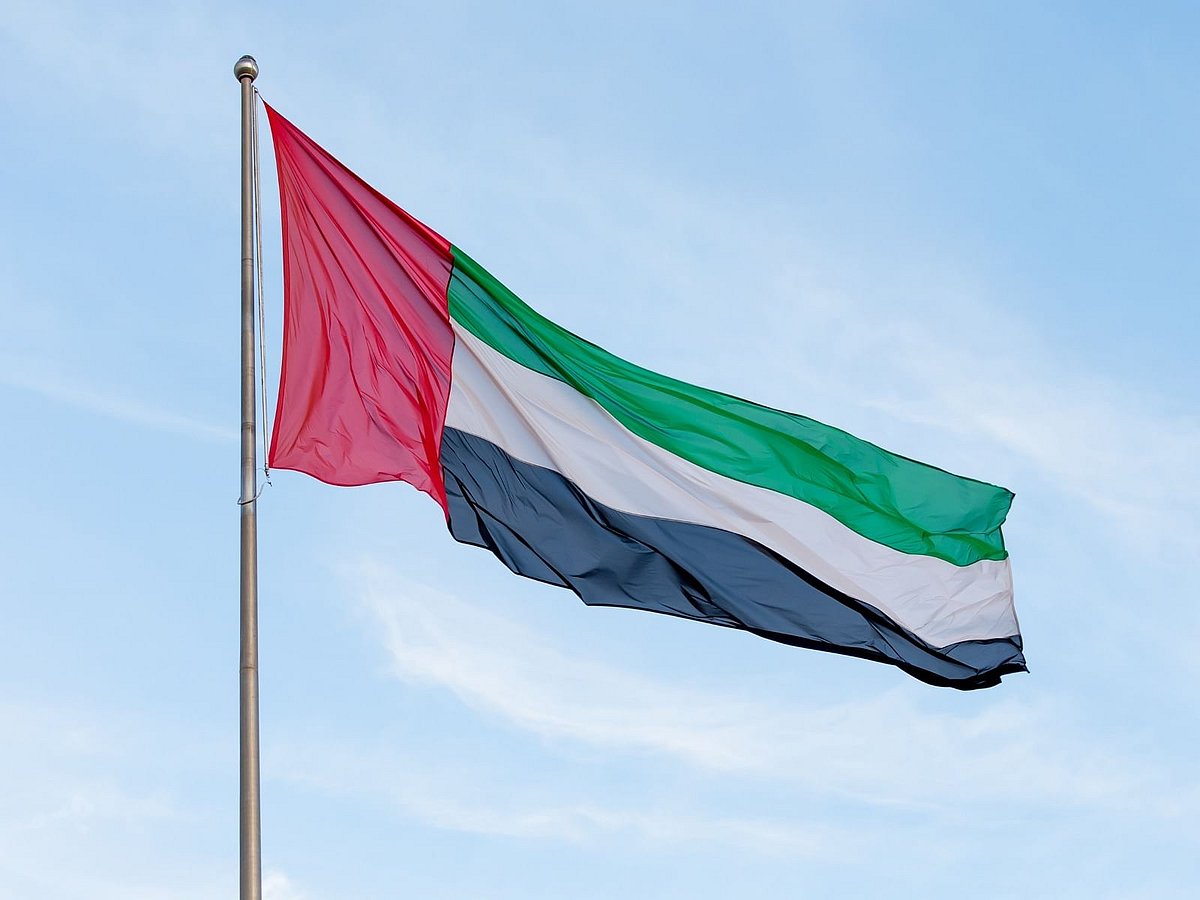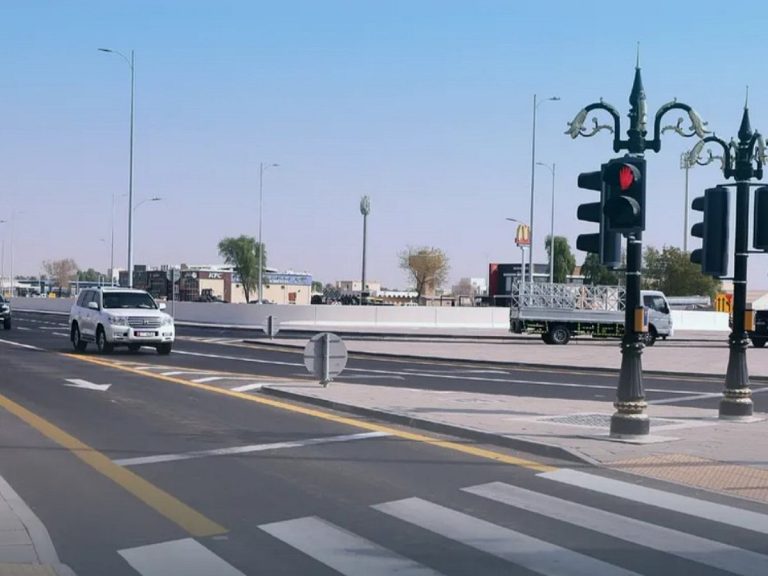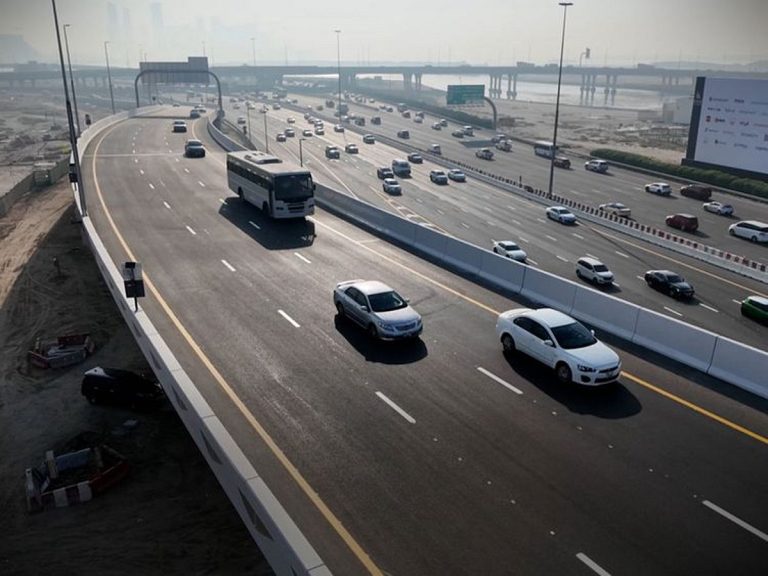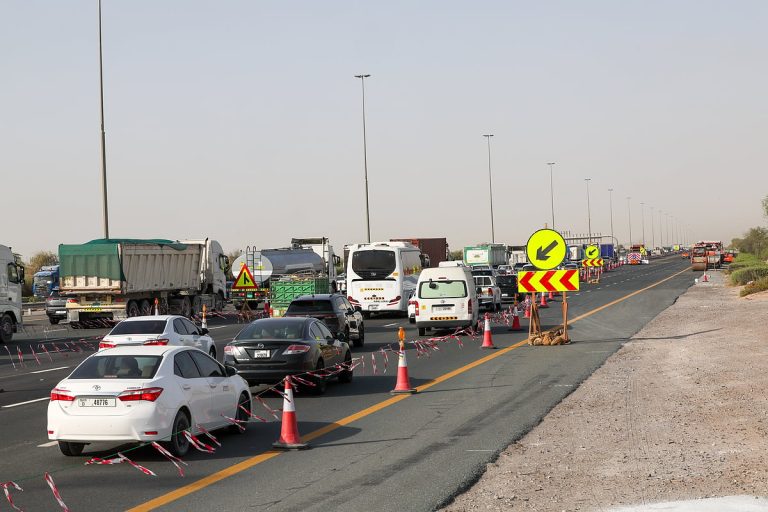UAE Expresses Support for Philippines After Earthquakes
In the wake of two devastating earthquakes that struck the southern Philippines, the United Arab Emirates has reached out to express its support and condolences. The earthquakes have resulted in significant loss of life and widespread damage, prompting an international response.
The UAE’s Ministry of Foreign Affairs (MoFA) issued a statement conveying heartfelt condolences to the families affected by this tragedy. The ministry also extended sympathy to the Philippine government and its citizens, emphasizing the UAE’s commitment to stand in solidarity during this challenging time.
Impact of the Earthquakes
The earthquakes, which occurred in quick succession, have caused considerable destruction in various regions of the Philippines. Rescue efforts are underway, with local authorities working tirelessly to assist those in need and assess the full extent of the damage.
International Response
Countries around the world, including the UAE, have expressed their willingness to provide aid and support to the Philippines. This solidarity highlights the importance of global cooperation in times of crisis.
FAQs
What were the magnitudes of the earthquakes in the Philippines?
The earthquakes registered significant magnitudes, with the most powerful reaching 7.4, causing extensive damage and prompting evacuations in affected areas.
How has the UAE responded to the situation?
The UAE has expressed its condolences through the Ministry of Foreign Affairs, offering support to the victims and their families, as well as to the Philippine government.
Are there ongoing rescue efforts in the Philippines?
Yes, local authorities are actively engaged in rescue and recovery operations to assist those affected by the earthquakes and to evaluate the damage.
Conclusion
The UAE’s expression of solidarity with the Philippines underscores the importance of international support during natural disasters. As rescue efforts continue, the global community remains hopeful for recovery and healing in the affected regions.
The earthquakes that struck the southern Philippines have drawn attention to the region’s vulnerability to seismic activity. The Philippines is situated along the Pacific Ring of Fire, an area known for its high levels of tectonic activity, including earthquakes and volcanic eruptions. This geographical positioning makes the country prone to natural disasters, necessitating robust disaster preparedness and response strategies. In recent years, the Philippine government has invested in improving infrastructure and emergency response systems to mitigate the impact of such events.
In addition to the immediate humanitarian response, the earthquakes have raised concerns about long-term recovery efforts. The destruction of homes, schools, and essential services can have lasting effects on communities. As families begin to rebuild their lives, access to resources such as food, clean water, and medical care will be critical. International aid, including financial assistance and supplies, will play a vital role in supporting recovery efforts. Organizations and governments worldwide are likely to coordinate their responses to ensure that aid reaches those most in need.
The response from the UAE and other nations reflects a broader trend of international solidarity in the face of natural disasters. Countries often collaborate through various channels, including bilateral agreements and multilateral organizations, to provide assistance. This cooperation can take many forms, from sending rescue teams and medical supplies to offering financial aid and logistical support. The global response to the earthquakes in the Philippines serves as a reminder of the interconnectedness of nations, particularly when faced with challenges that transcend borders. As the situation develops, ongoing communication and coordination among countries will be essential to ensure an effective and timely response to the needs of the affected population.
Also Read:
Local Egg Producers Boost UAE Food Security Efforts







